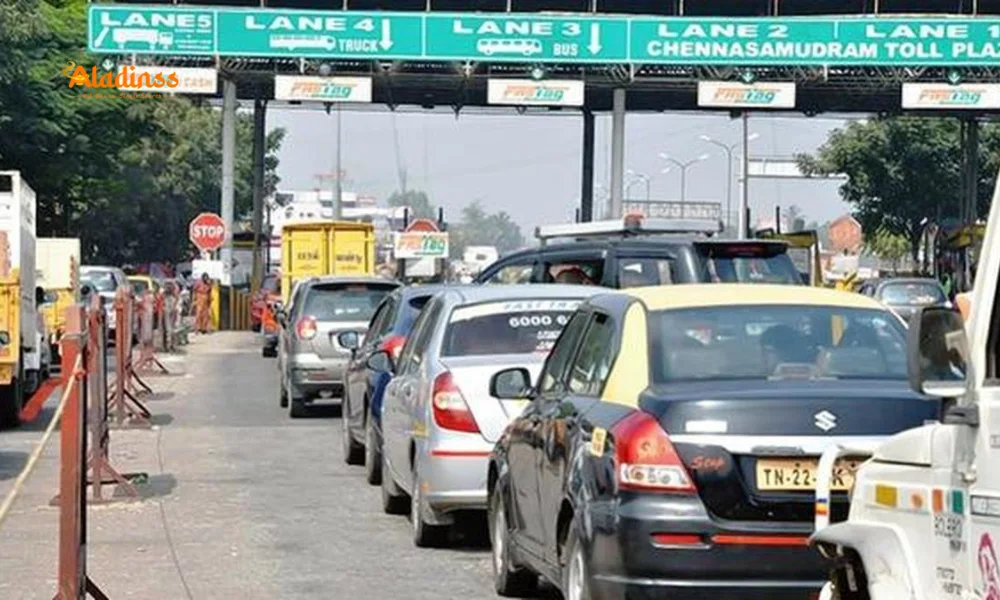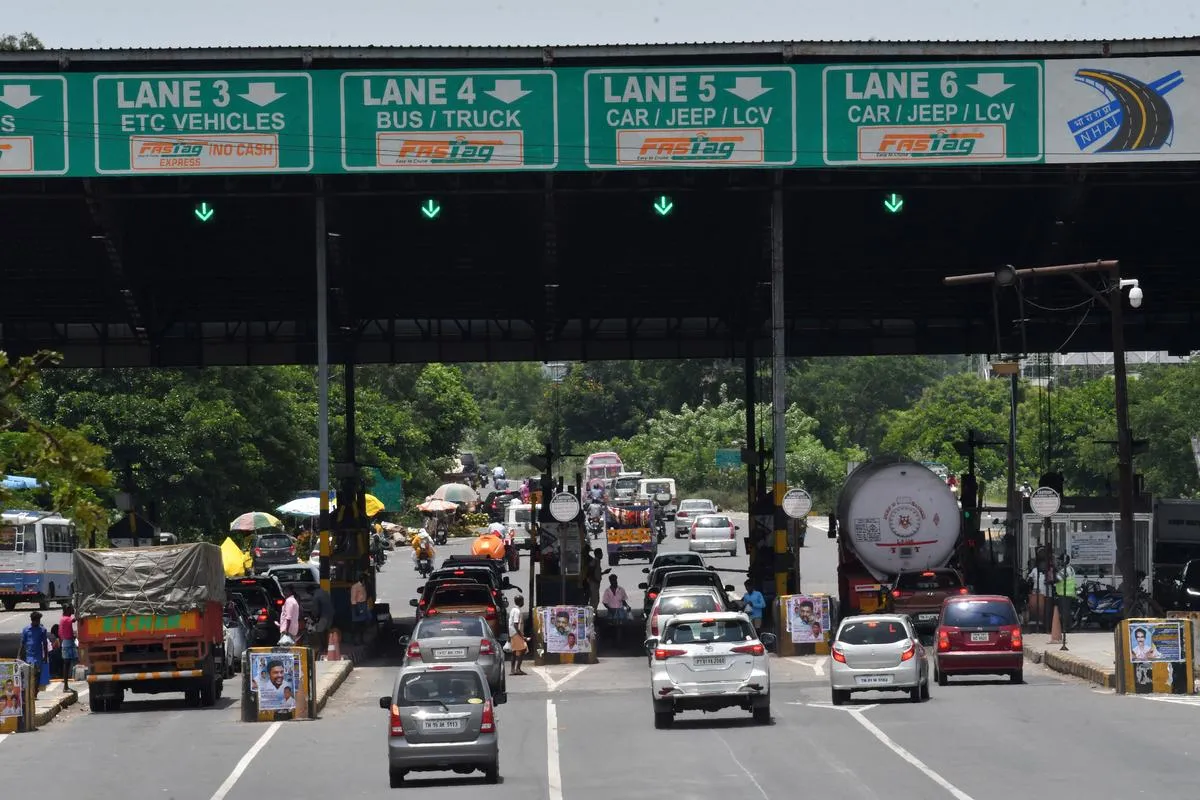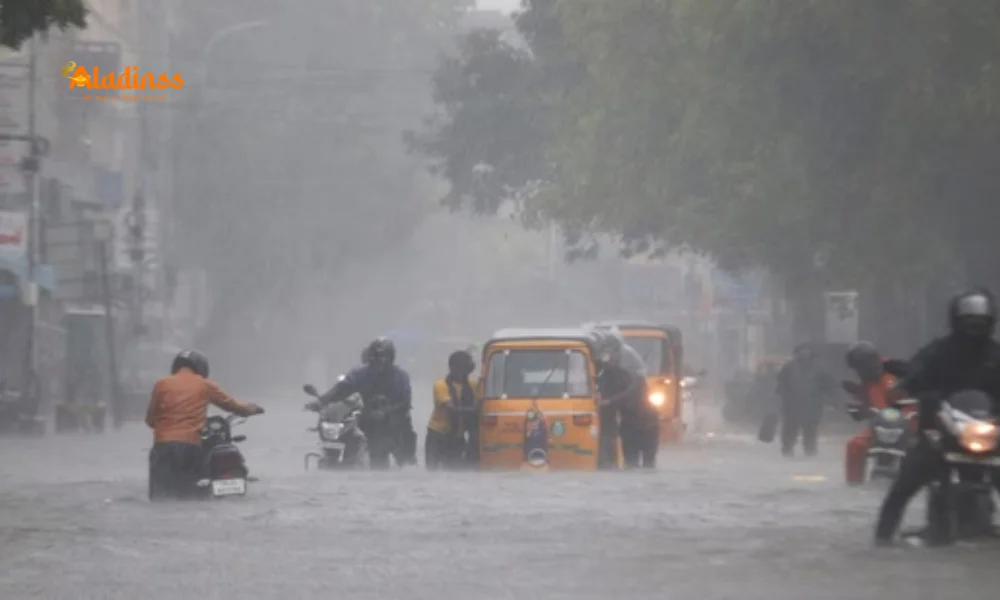Toll Hike in Tamil Nadu: New Fees Effective September 2025

Toll Hike in Tamil Nadu: New Fees Effective September 2025
Starting midnight on September 1, 2025, motorists in Tamil Nadu are facing increased toll fees at multiple toll plazas, including prominent ones like Vikravandi and Samayapuram. This latest toll hike, affecting highways built after 2008, has sparked widespread concern among commuters and businesses alike. With toll fees rising by Rs 5 to Rs 395 depending on the vehicle type, the changes are expected to impact daily travel costs and potentially influence the prices of essential goods. This article provides a detailed breakdown of the new toll rates, affected plazas, and the broader implications for Tamil Nadu’s residents and economy.

Overview of the Toll Hike
The National Highways Authority of India (NHAI) implements toll fee revisions annually, with adjustments in April for highways constructed after 1992 and in September for those built after 2008. The latest hike, effective from September 1, 2025, affects several key toll plazas across Tamil Nadu, including Vikravandi in Villupuram district, Mettupatti and Natthakkarai in Salem district, Ulundurpettai, Veeracholapuram, Samayapuram in Trichy, Eliyarpathi in Madurai, Puthur Pandiyapuram in Thoothukudi, Manavasi and Aravakurichi in Karur district, and Vijayamangalam in Erode. The toll fee increases range from a minimum of Rs 5 to a maximum of Rs 395, depending on the vehicle category and type of journey.
This revision has caused significant dissatisfaction among motorists, who argue that the frequent toll hikes add to the financial burden of daily commuting and long-distance travel. The increased costs are also raising concerns about their potential impact on the prices of essential goods, as transportation expenses for trucks and commercial vehicles rise.
Detailed Breakdown of New Toll Rates
The toll fee adjustments vary by vehicle type and journey frequency, with specific changes outlined for cars, light vehicles, trucks, buses, and multi-wheeled vehicles. Below is a detailed look at the new rates effective from September 1, 2025:
For cars and passenger vans, the single-trip toll remains unchanged at Rs 105, providing some relief for private vehicle owners. However, the fare for multiple journeys within a day has increased from Rs 155 to Rs 160, and the monthly pass has risen by Rs 70 to Rs 3,170. These changes affect commuters who frequently travel the same route, such as daily workers or those traveling for business purposes.
Light vehicles, such as small commercial vans, face a single-trip fare increase of Rs 5, bringing the cost to Rs 185. The multiple-trip fare for these vehicles has surged by Rs 275, and the monthly pass has increased by Rs 125 to Rs 5,545. These hikes could significantly impact small businesses reliant on light vehicles for deliveries and logistics.
Toll Increases for Trucks and Buses
For trucks and buses, the toll for a single trip has increased by Rs 10 to Rs 370, reflecting a modest but significant rise for commercial operators. The fee for multiple trips within a day has risen by Rs 15 to Rs 555, and the monthly pass has increased by Rs 240 to Rs 11,085. These changes are particularly concerning for the transport industry, as higher toll costs could lead to increased freight charges, ultimately affecting the prices of goods transported across Tamil Nadu.
Multi-wheeled vehicles, such as heavy trucks and trailers, face the steepest increases. The single-trip fare has risen to Rs 595, multiple-trip fares to Rs 890, and the monthly pass to Rs 17,820. These substantial hikes could have a cascading effect on the logistics sector, potentially driving up the cost of essential commodities like food, fuel, and consumer goods.
Exemptions and Unchanged Plazas
Notably, school vehicles have been exempted from the toll hike, ensuring that educational institutions and students are not burdened by the increased costs. Additionally, some toll plazas, such as Porur Vanagaram in Chennai, Paranur in Chengalpattu, Nallur near Chengunram, and Pattarai Perumputhur Nallur in Thiruvallur, have not seen changes in September 2025, as their last revision occurred in April 2025. This staggered approach to toll revisions provides some predictability for commuters but does little to alleviate the overall financial strain felt by motorists.
The exemption for school vehicles is a positive step, as it protects families and educational institutions from additional costs. However, the lack of changes at certain plazas highlights the complexity of toll management in Tamil Nadu, where different highways follow different revision schedules based on their construction timelines.
Public and Industry Reactions
The toll hike has sparked widespread dissatisfaction among motorists and the public, who view it as an additional financial burden in an already challenging economic environment. Daily commuters, particularly those traveling between cities like Chennai, Trichy, Madurai, and Salem, are frustrated by the increased costs, which add up quickly for frequent travelers. Transport operators have also expressed concerns, warning that the higher toll fees could lead to increased freight charges, ultimately affecting the prices of essential goods like groceries, fuel, and consumer products.
The public’s frustration is compounded by ongoing concerns about the maintenance of highways. Many motorists argue that toll revenues should be used to improve road conditions, such as fixing potholes, enhancing lighting, and providing better amenities at toll plazas. The lack of visible improvements in infrastructure has fueled calls for greater transparency and accountability from the NHAI regarding how toll revenues are utilized.
Economic Implications
The toll hike is likely to have a ripple effect on Tamil Nadu’s economy, particularly in the transportation and logistics sectors. As toll costs increase for trucks and buses, transport companies may pass on these expenses to consumers, leading to higher prices for goods and services. This could exacerbate inflationary pressures, which are already a concern for households struggling with rising living costs. Small businesses, which rely on affordable transportation to remain competitive, may face additional challenges in maintaining profitability.
For commuters, the increased toll fees could prompt a reevaluation of travel habits. Some may opt for alternative routes or modes of transportation, such as trains or buses, to avoid the higher costs. However, these alternatives may not always be viable, particularly for those in rural areas or those reliant on personal vehicles for work. The economic impact of the toll hike underscores the need for balanced policies that support infrastructure development while minimizing the financial burden on citizens.
Comment / Reply From
No comments yet. Be the first to comment!











